We caught up with the brilliant and insightful D. M. Sonntag a few weeks ago and have shared our conversation below.
Hi D. M., thanks for joining us today. Let’s jump right into how you came up with the idea?
Similar to how one would play tabletop RPGs (role-playing games), I along with a group of friends would role-play original characters on an online forum. The plots were mostly stolen from “Pirates of the Caribbean” or “Once Upon a Time,” but the characters of Maylie, Ferryn, Behn, Elias, and Brii now featured in “The Lightning Bride” first started as Maddie, Forrest, Ben, Elliot, and Bree played by real people. I fell in love with these characters so much that I wanted to share their stories to those outside of the group. I started by writing our adventures down word-for-word and then began building a fantasy world, as originally we used the late 1700s as our setting. I developed, revised, and constructed this story over six years so that the plots we plagiarized were no longer so and I had my own original story while still staying true to important elements and key moments. I still paid homage to “Pirates of the Caribbean” and “Once Upon A Time” with a few details here and there, such as Admiral James Montague instead of Commodore James Norrington. Those two pieces of media were loved by my group of friends, and not only did I want to share that love through an inspired story, but I also wanted to share the incredible fun we had and fond memories we made through the RP forum.
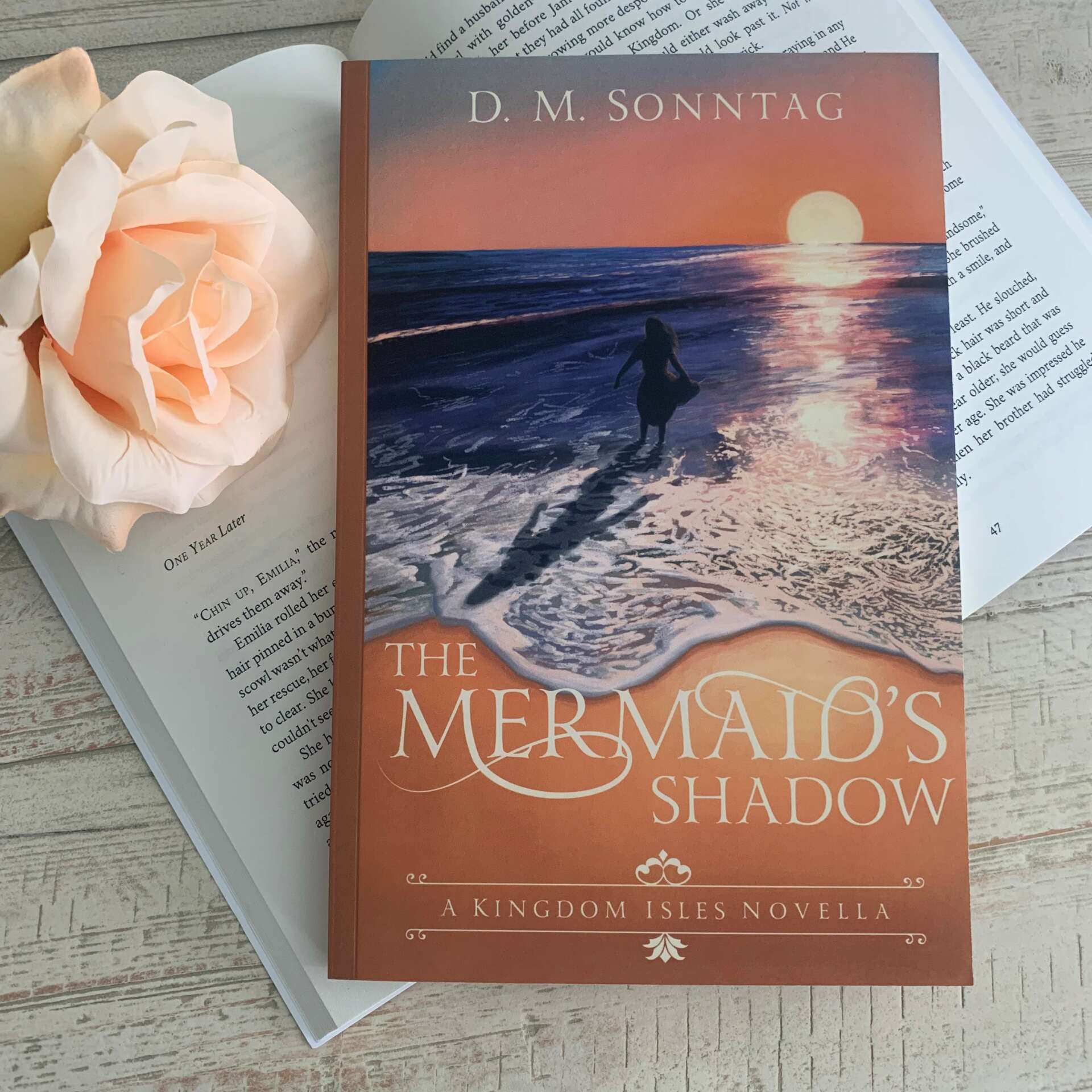
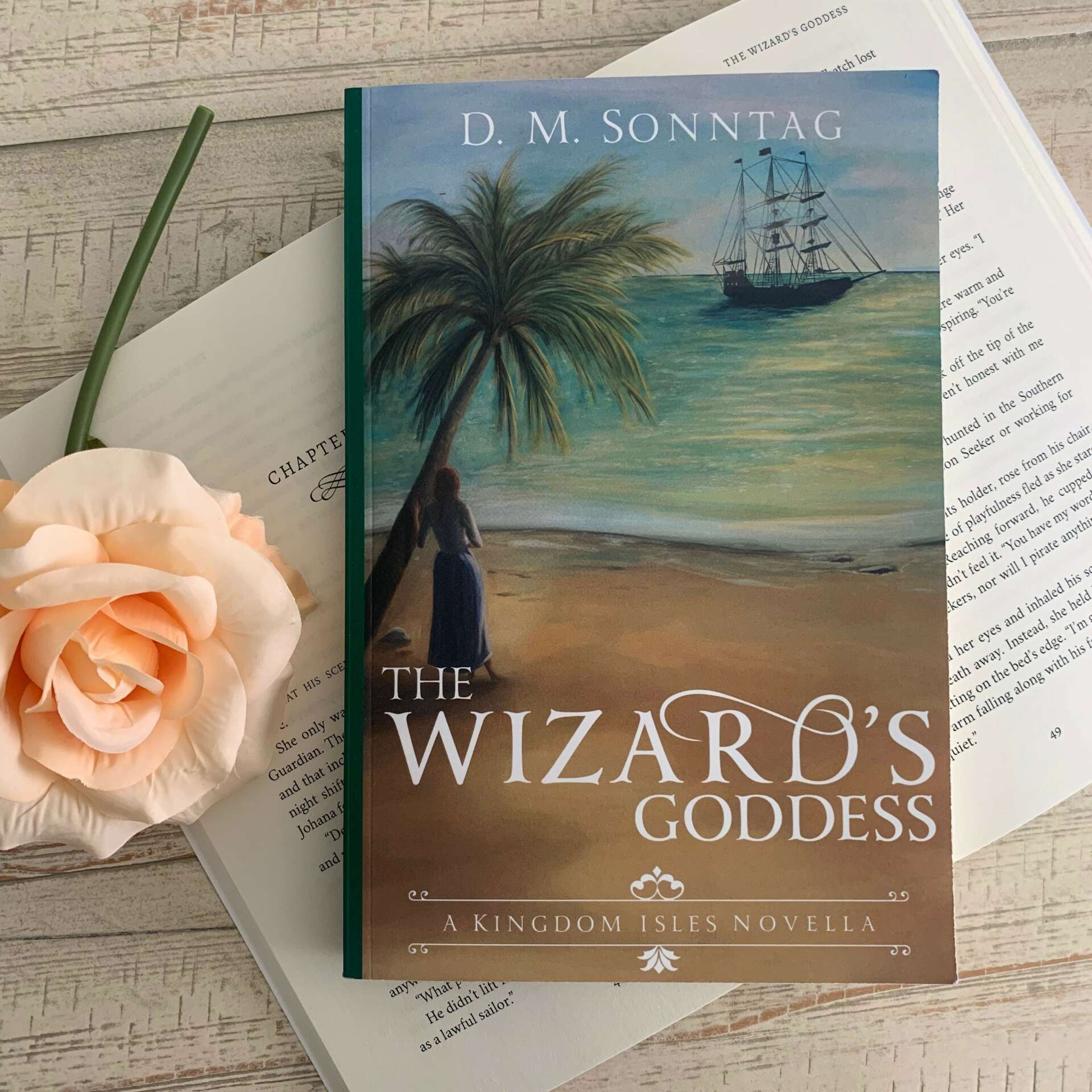
D. M., love having you share your insights with us. Before we ask you more questions, maybe you can take a moment to introduce yourself to our readers who might have missed our earlier conversations?
I’ve been creating stories since I knew how to daydream, and writing them as soon as I knew how to spell. Many of them just lived in my head until I saw the movie “Elf” and when they find “Miles Finch’s book” inspired me to write down every single idea in a notebook, just in case one could be something. Most of them will never see the light, but there are a good handful I have been building and revising so that one day they’ll be novels. I was always planning on being traditionally published until I spoke with a coworker who was self-published. I was drawn to the amount of control self-publishing had, and to me success was as hard as you were willing to work. The pandemic helped not only publish my first book but also verify why I wanted to be a writer: I wanted to be able to give others an escape into a magical world unlike our own. I am so proud to have finally been able to share all the magic inside my head with others. “You may say I’m a dreamer, but I’m not the only one” (John Lennon – Imagine) is the perfect sentence to explain my brand.

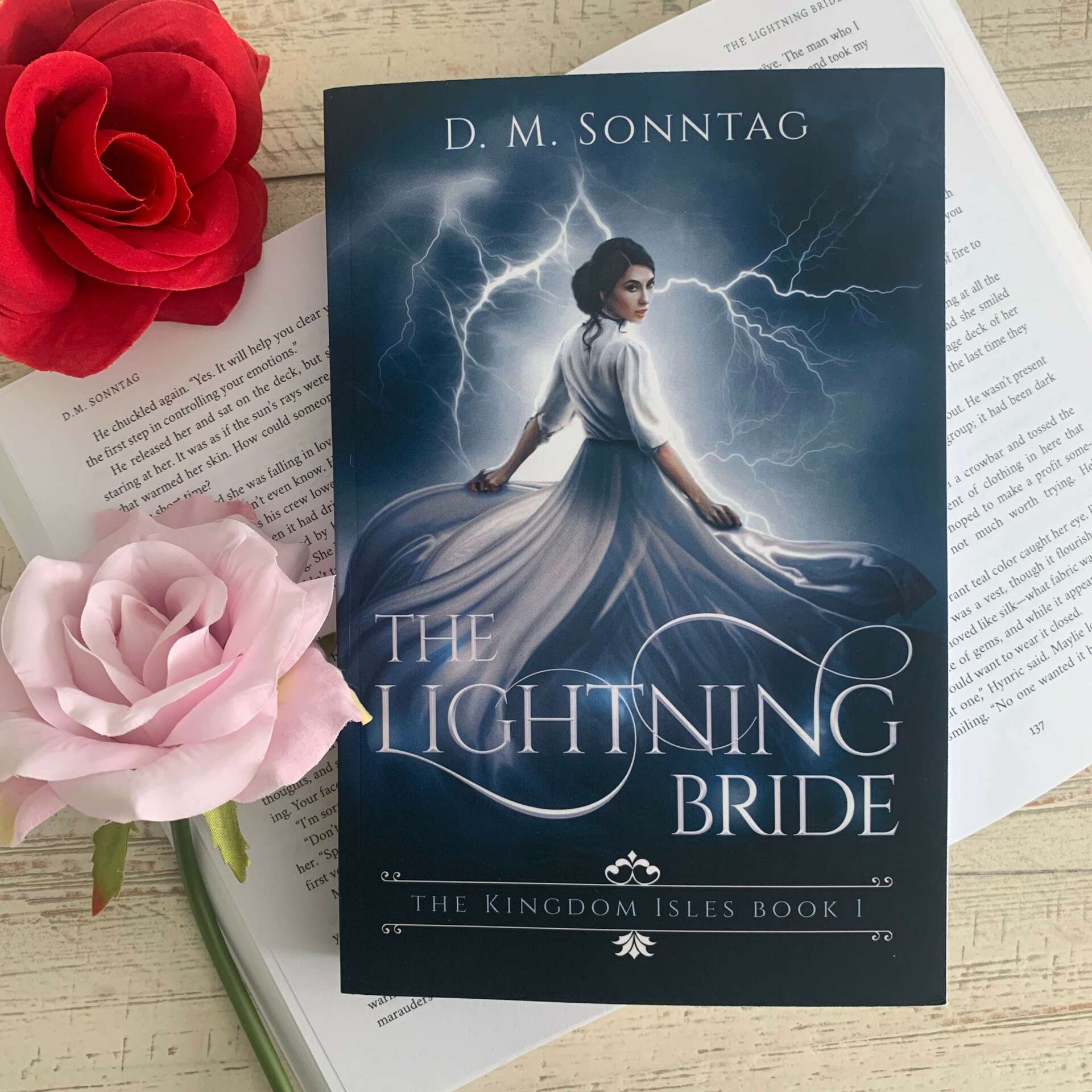
What’s a lesson you had to unlearn and what’s the backstory?
I had to unlearn writing chronologically and by the seat of my pants. When I wrote my first book, I made it up as I went along. There were often times I was so inspired to write a specific scene, but I wouldn’t if it was something that wasn’t going to happen until Chapter 20 and I was still in Chapter 10. I thought the excitement would inspire me to write up to the scene, but it actually killed the fire to when I finally reached the scene, I was no longer inspired. I still wrote my second book chronologically, but this time I outlined the entire novel so that when I sat down to write, it flowed out of my fingers. My third book was done so with both elements. I would listen to music and envision a scene, writing it down as soon as I had the chance even if it came later in the story. The document became a collection of paragraphs, but because I had outlined, I could fill in the gaps.
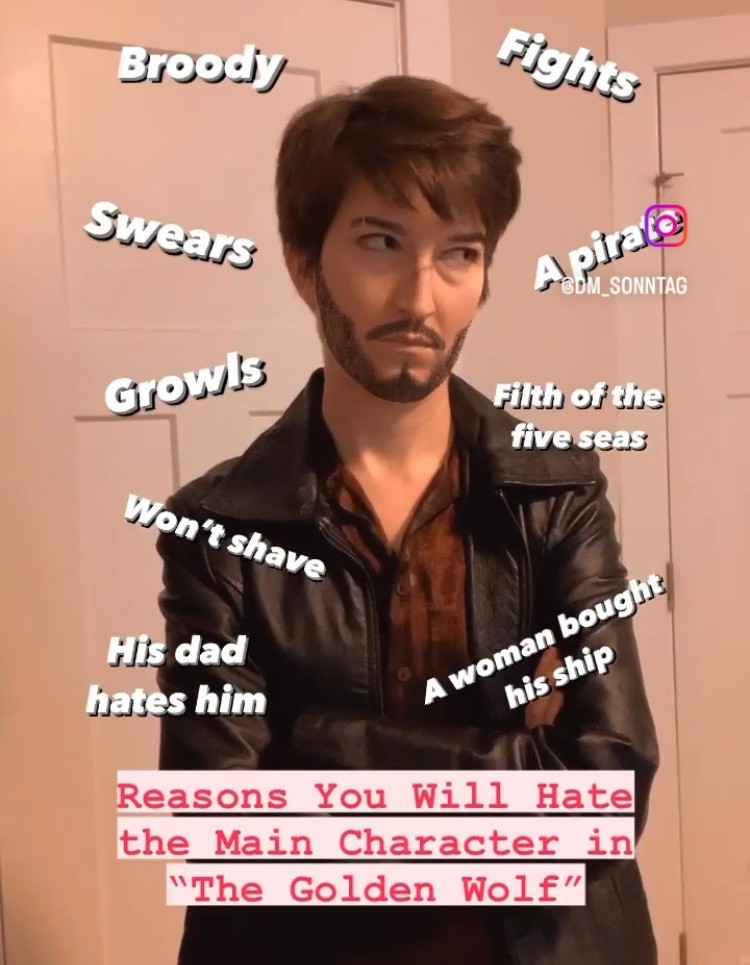
Is there something you think non-creatives will struggle to understand about your journey as a creative? Maybe you can provide some insight – you never know who might benefit from the enlightenment.
That it takes significantly longer to write a book than it does to read it. The fastest I’ve written, revised, edited, formatted, and published a book was 10 months, and even being a slow reader of late, I can typically finish reading a book in 1 month. We live in a society where we’re taught to demand instant gratification and have a short attention span. An “I need it now” mentality, while exciting sometimes that readers enjoy your work, can hurt authors writing series and cause anxiety to rush the next book so their readers won’t lose interest or forget about them. What non-creatives also may not understand is that creatives are not being creative 24/7. Not only do we have to factor in sleep hours, but daily life as well, such as unloading the dishwasher or walking the dog. Many creatives don’t make enough money in sales and have full-time jobs to pay for their “hobbies” (as much of society deems it). I commute to work, so there are 10 more hours out of my day. When I do get time to write, sometimes I’m creatively burnt out. There are some non-creatives who think staring at a blank page for hours is procrastination, but sometimes the Muses just aren’t singing.
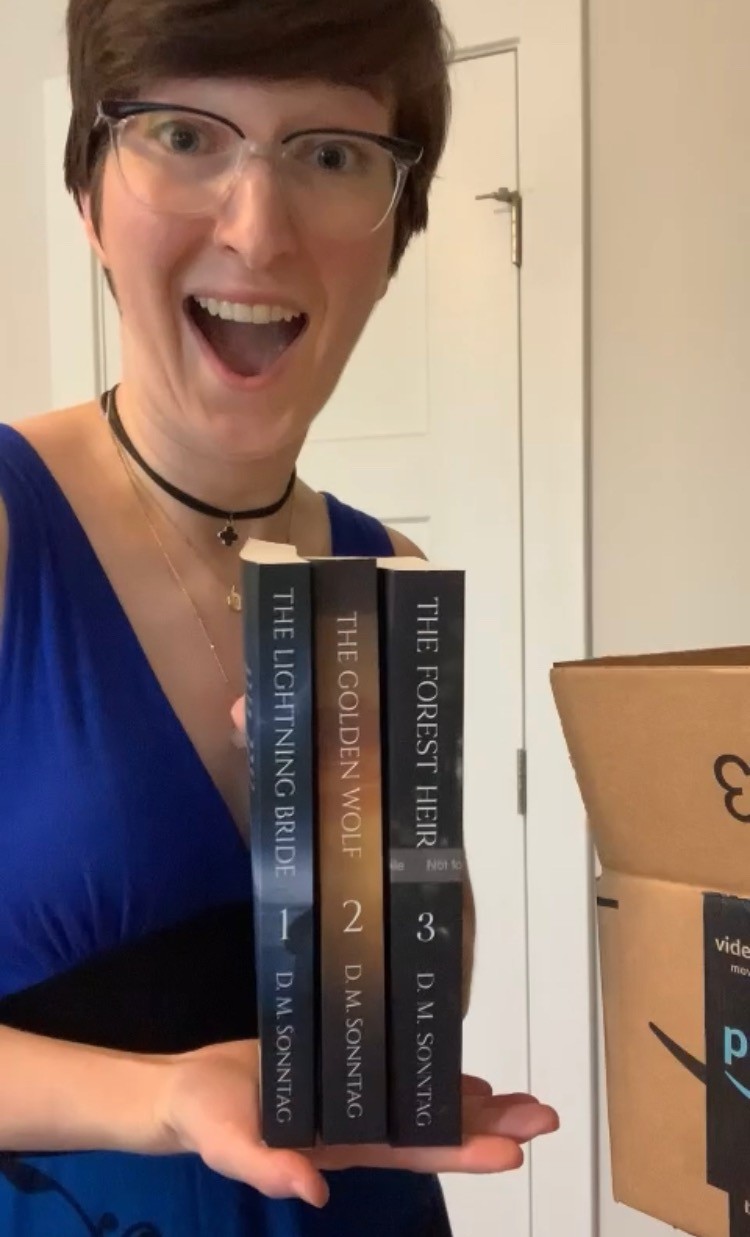
Contact Info:
- Website: https://www.dmsonntag.com/
- Instagram: https://www.instagram.com/dm_sonntag/
- Facebook: https://www.facebook.com/dmsonntagauthor
- Twitter: https://twitter.com/dmsonntag
- Youtube: Maybe one day…
- Other: Books on Amazon: https://www.amazon.com/stores/D.-M.-Sonntag/author/B08L2B1WV5
Image Credits
Personal photo by Richard Mallett


